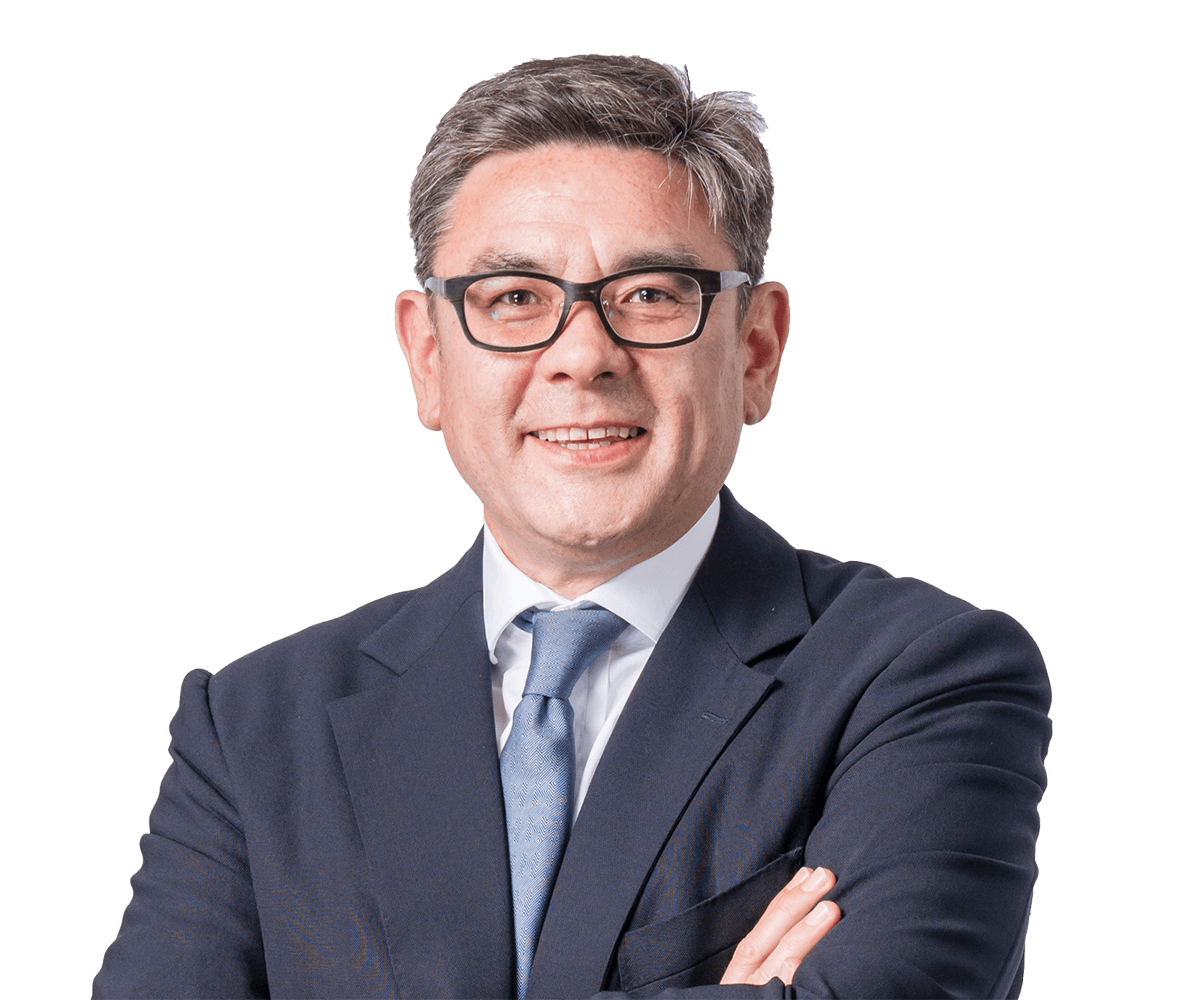

what's going to happen in the future when that already slim crack might be gone."ĭon’t miss out on ET Prime stories! Get your daily dose of business updates on WhatsApp.“Shouldn’t you be going home, where questions/ are decades old?” a weary speaker asks in Wong’s bracing follow-up to his 2015 Lambda Award–winning Crevasse. The poet said he was worried that the repressive political climate would seal shut the "narrow crack" for Hong Kongers to express emotional vulnerability.

In 2020, Beijing imposed a sweeping national security law in Hong Kong that has criminalised most dissent, and many protest-themed literary works have been taken off bookstore shelves. "Hong Kong Without Us" concludes with a postscript saying the book is contraband. The project blossomed into a book and has become an access point for US readers to "engage emotionally" with Hong Kongers beyond news headlines, the poet said. "We were just trying to articulate the voice that we imagined to be the best of Hong Kong."

how the urgency of the politics holds out the potential for a vulnerable, emotional voice," one of the poets told AFP. Last year anonymous poets behind the US-based Bauhinia Project published "Hong Kong Without Us", which they described as a crowdsourced "found poetry" book.ĭuring the protests, they translated snippets of Hong Kongers' voices - from social media, graffiti, news articles and public submissions - and distributed them on postcards in the United States. The movement included violence that some experts say left many quietly traumatised, while solidarity between protesters gave rise to outbursts of creativity. The massive citywide democracy protests three years ago - and Beijing's subsequent crackdown - proved a watershed. Poetic dissent - Academics have shown "growing interest" in Hong Kong poetry to understand how residents feel about the city's social and political transformation, according to scholar and poet Jennifer Wong. So I can do whatever I want with it and to it," he told AFP. "Maybe because it's my second language, I don't assume it will love me back. Having been a published poet for over a decade, Wong said he felt emboldened to experiment with language in a way that might feel obscure to Western readers.

Wong, 43, who teaches at a local university, said he had witnessed Hong Kong's community of poets grow into something "more substantial, less fragile". In a recent poem, the speaker imagines inviting his father to his wedding held in Taiwan - the only jurisdiction in Asia where gay marriage is legal. Wong said his writing tapped into themes about "everyday desire" in a way he found immediate and spontaneous. His latest collection was a finalist for the same Lambda Literary Awards' gay poetry prize this year. Other Hong Kong poets who have found success in tackling LGBTQ themes include Nicholas Wong, whose collection "Crevasse" won one of the best-known prizes for queer literature worldwide in 2016.


 0 kommentar(er)
0 kommentar(er)
